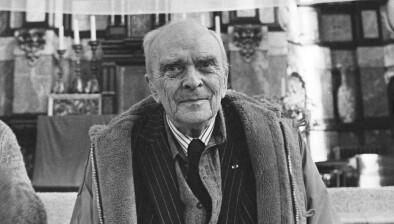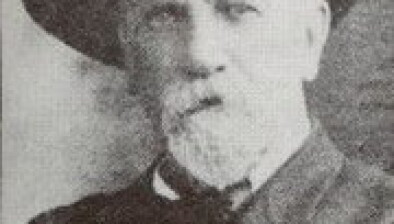Irish Legal Heritage: Terence MacSwiney

Terence MacSwiney
On 25 October 1920, Terence MacSwiney died in London’s Brixton Prison after 74 days on hunger strike.
MacSwiney was a republican poet and a playwright who was elected as MP for Mid-Cork in the 1918 general election, and one of the many TDs marked as ‘fé ghlas ag Gallaibh’ (imprisoned by the foreign enemy) during the meeting of the First Dáil on 21 January 1919.
MacSwiney took his seat in the Dáil when he was released in March 1919, and a year later he became the Lord Mayor of Cork. At a meeting of the Irish Volunteers at Cork City Hall on 12 August 1920, MacSwiney was arrested for possession of seditious materials, and after a summary trial on 16 August, he was sentenced to two years’ imprisonment in Brixton Prison.
At his hearing, MacSwiney famously said “I shall be free, alive or dead, within the month”. It was then that he started the hunger strike that became his ultimate sacrifice, gaining attention from the world’s media, and solidifying his place in history as one of the most famous Irish martyrs – indeed he is often quoted as saying “it is not those who can inflict the most but those that can suffer the most who will conquer”.
Thousands of people visited his body in Southwark Cathedral before he was returned to Ireland and buried at St Finbarr’s Cemetery in Cork. At his funeral, Arthur Griffith said: “He laid down his life to consolidate the establishment of the Irish Republic, willed by the vote of the people of Ireland. His heroic sacrifice has made him in death the victor over the enemies of his county’s independence. He has won over them, because he has gained by his death for Ireland the support and sympathy of all that is humane, noble, and generous in the world.”
It was only after his death that MacSwiney’s 1914 five-act play, entitled “The Revolutionist”, was first performed in the Abbey Theatre, Dublin on the 24th of February 1921.
Seosamh Gráinséir











